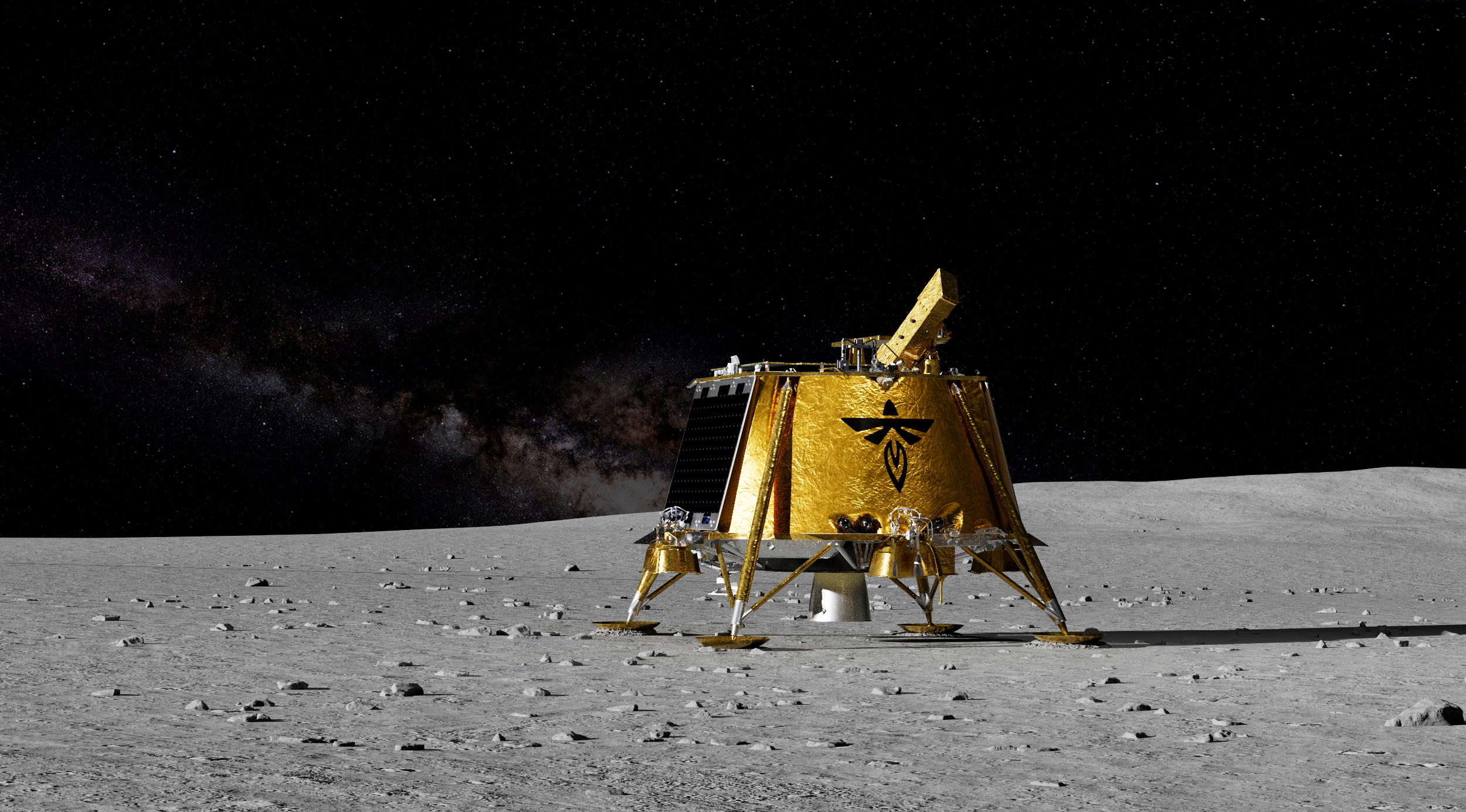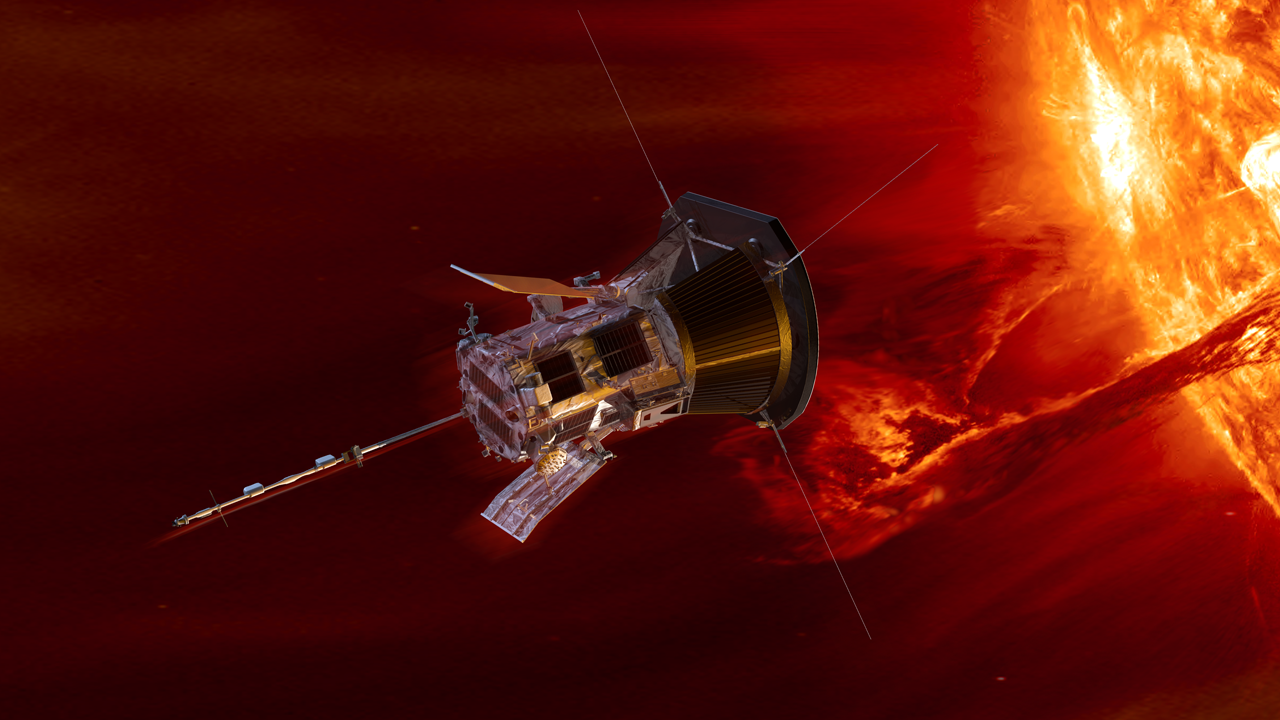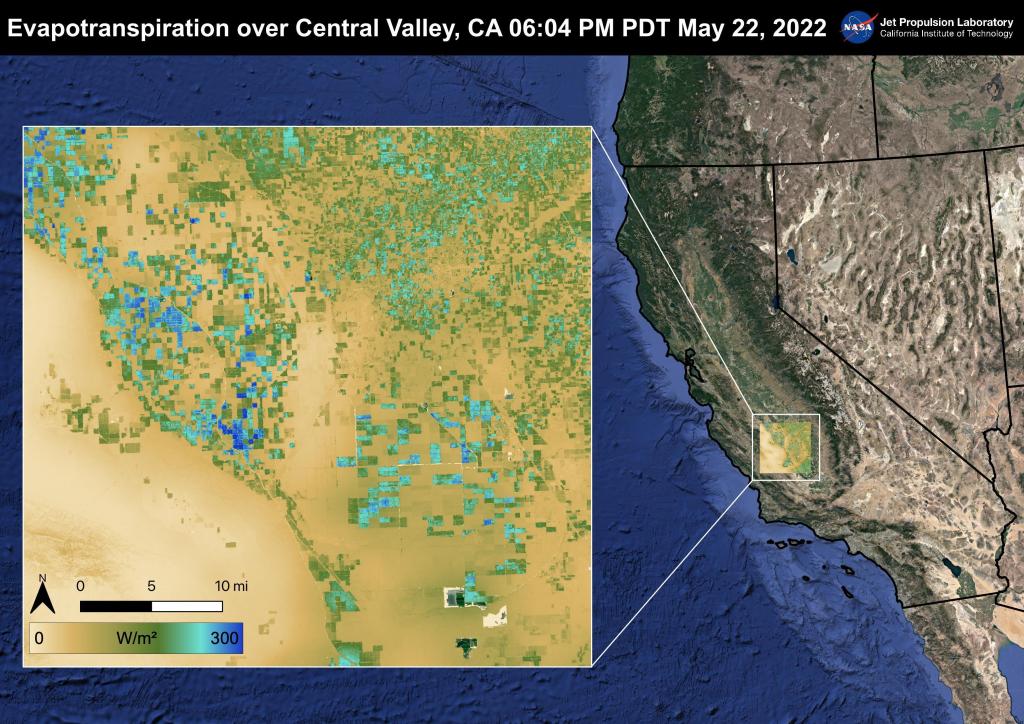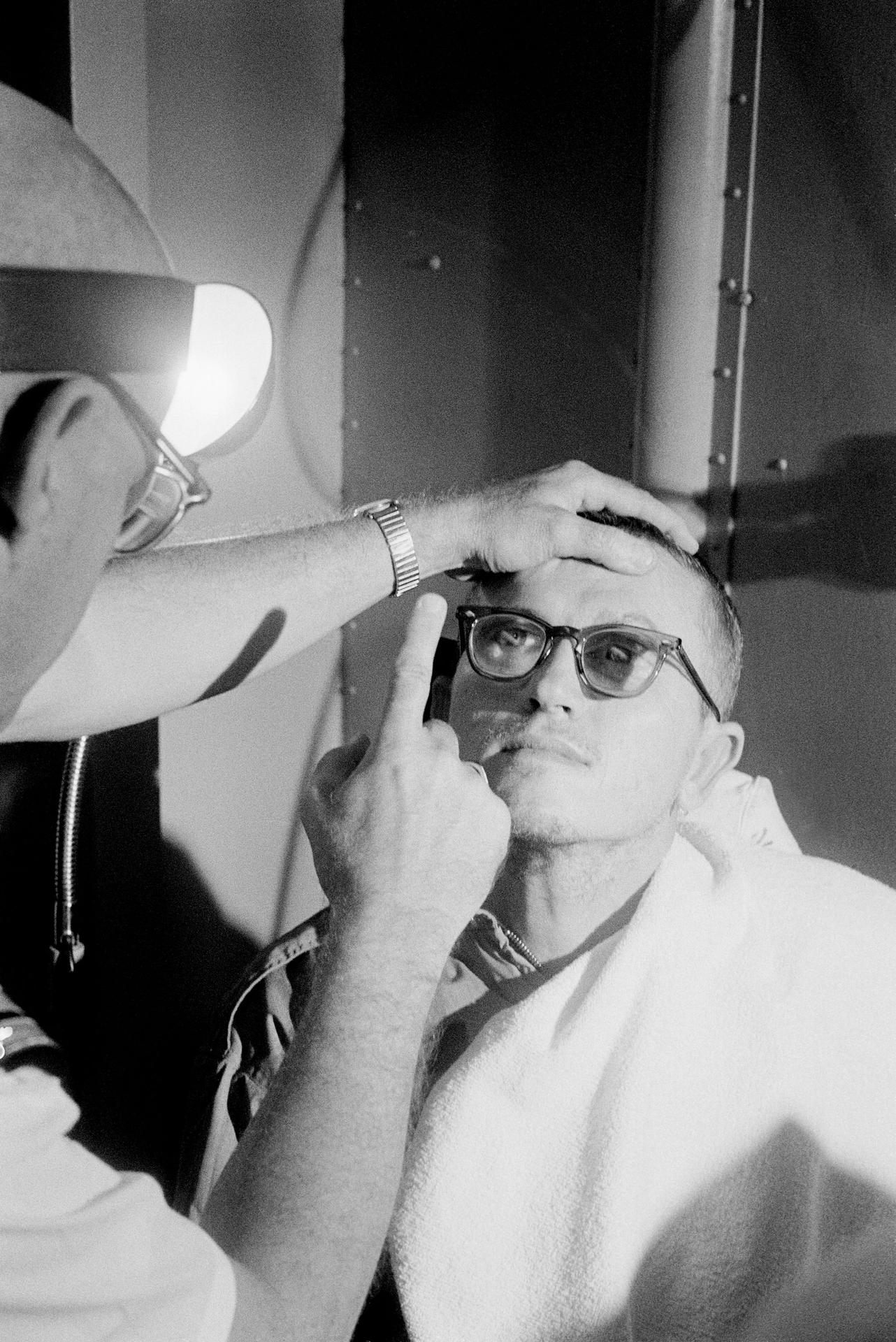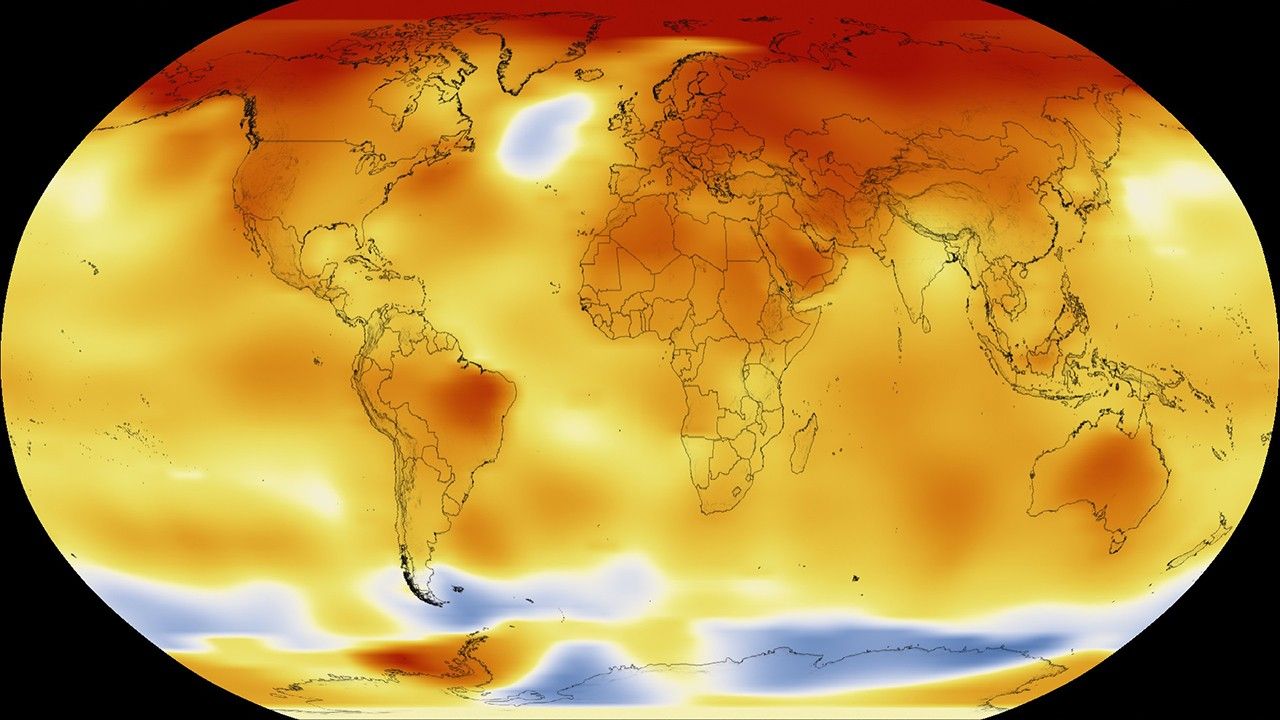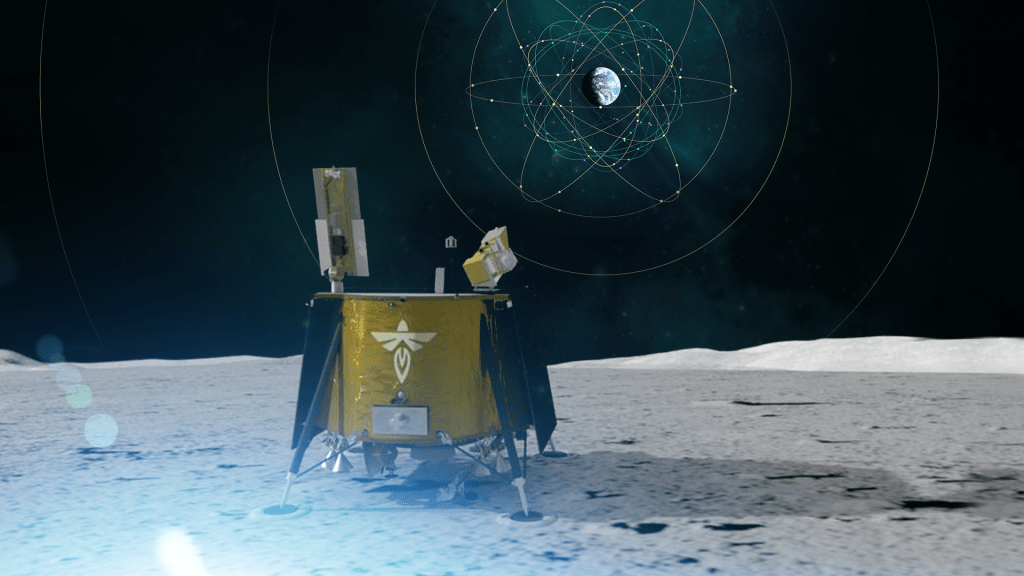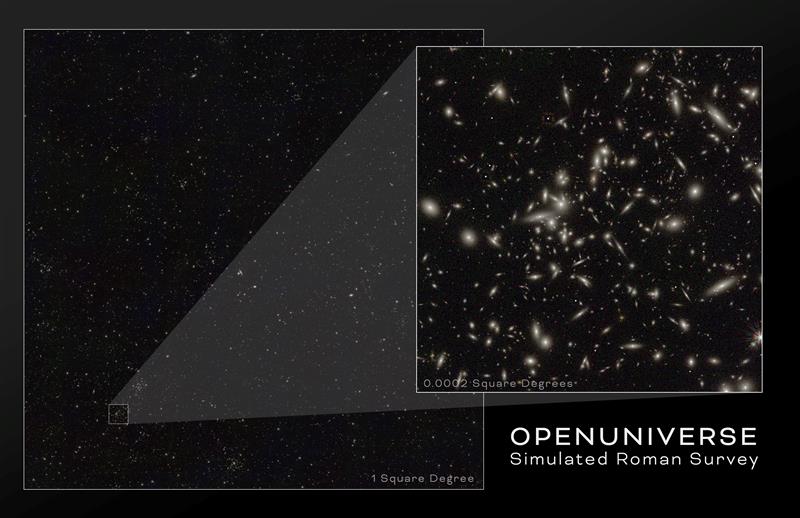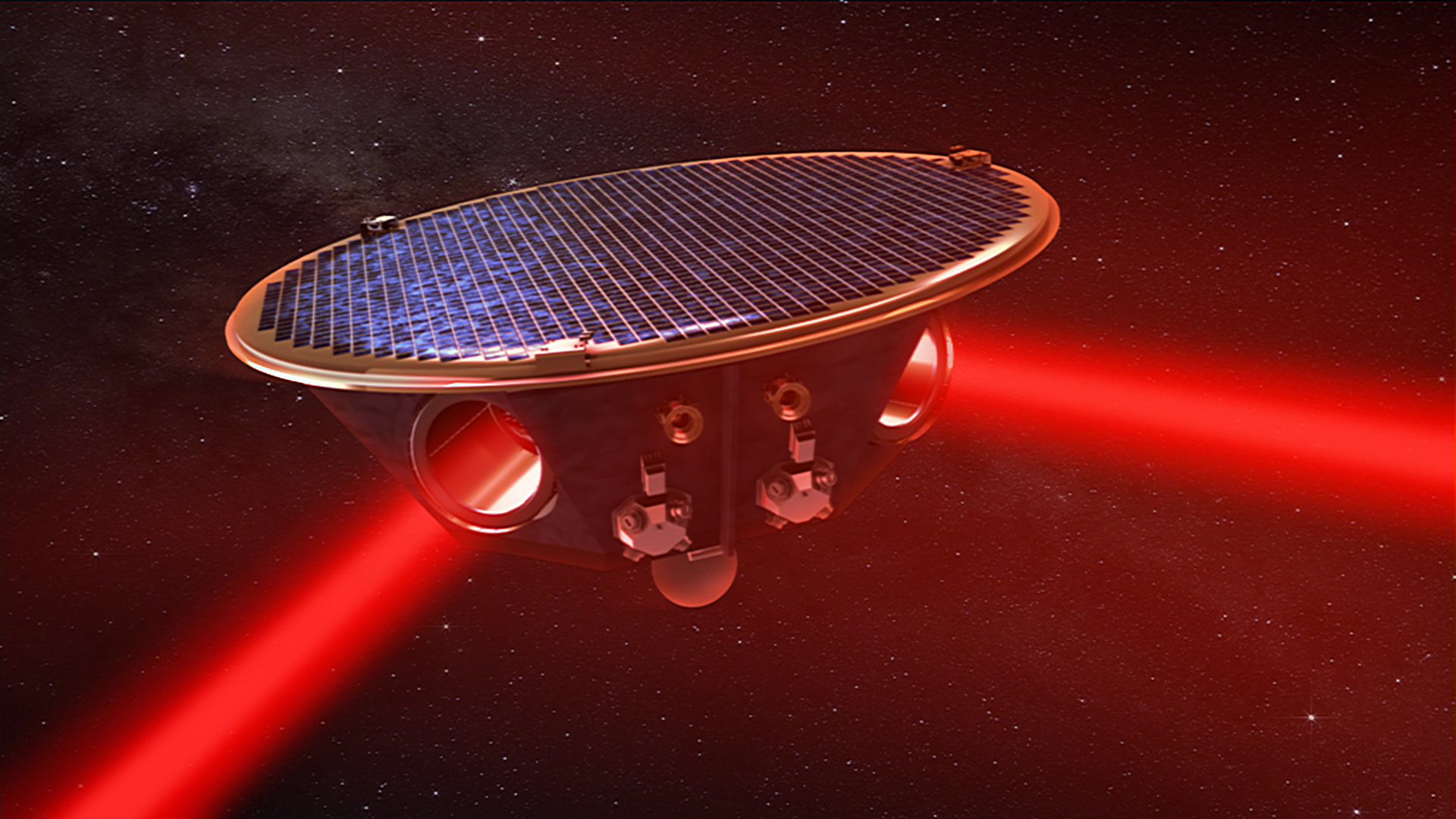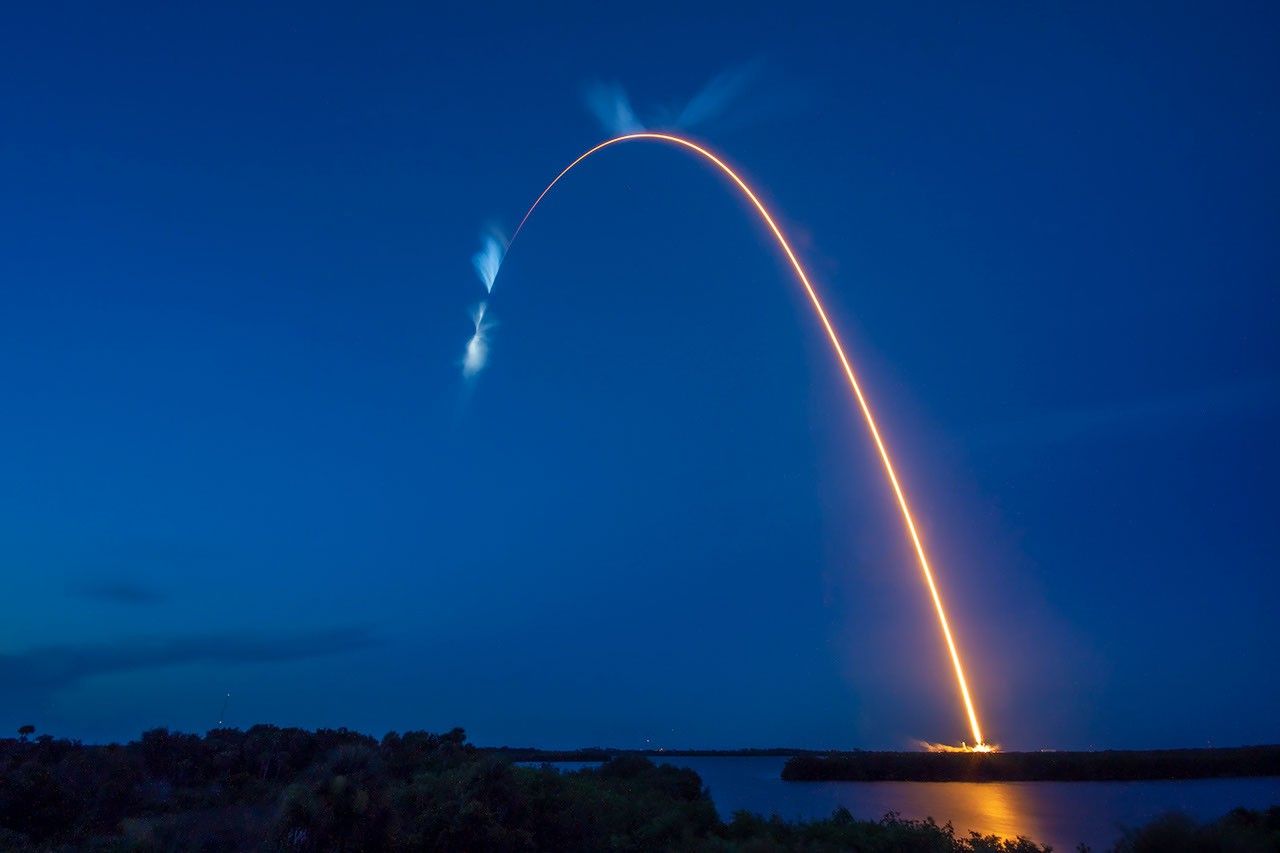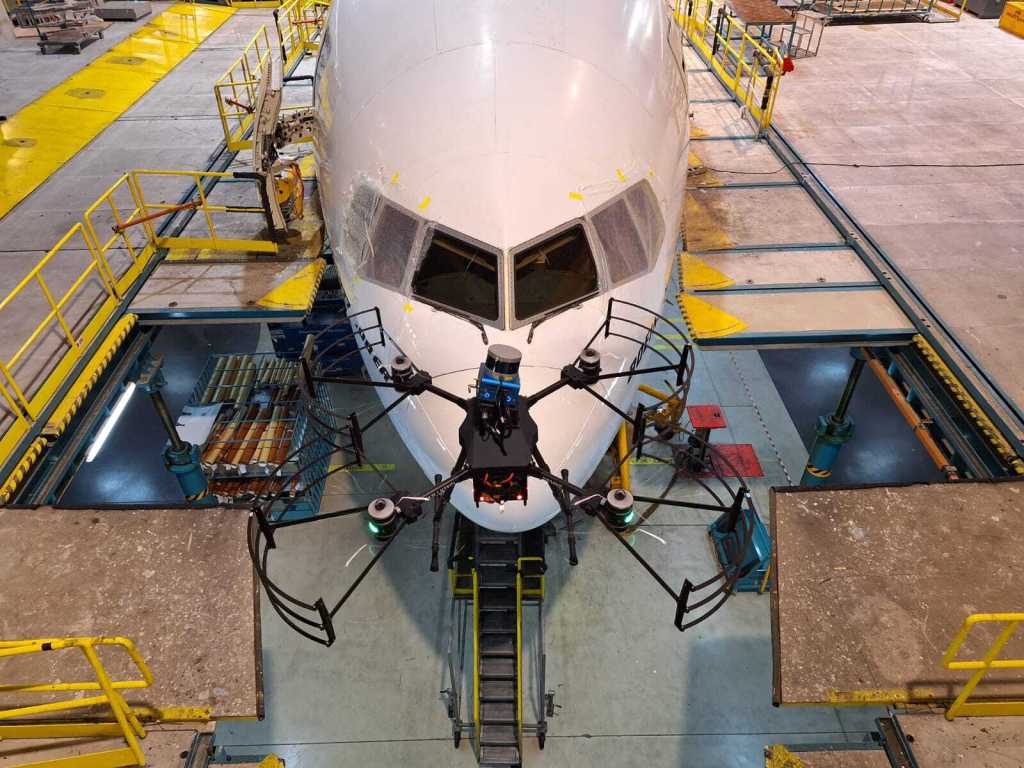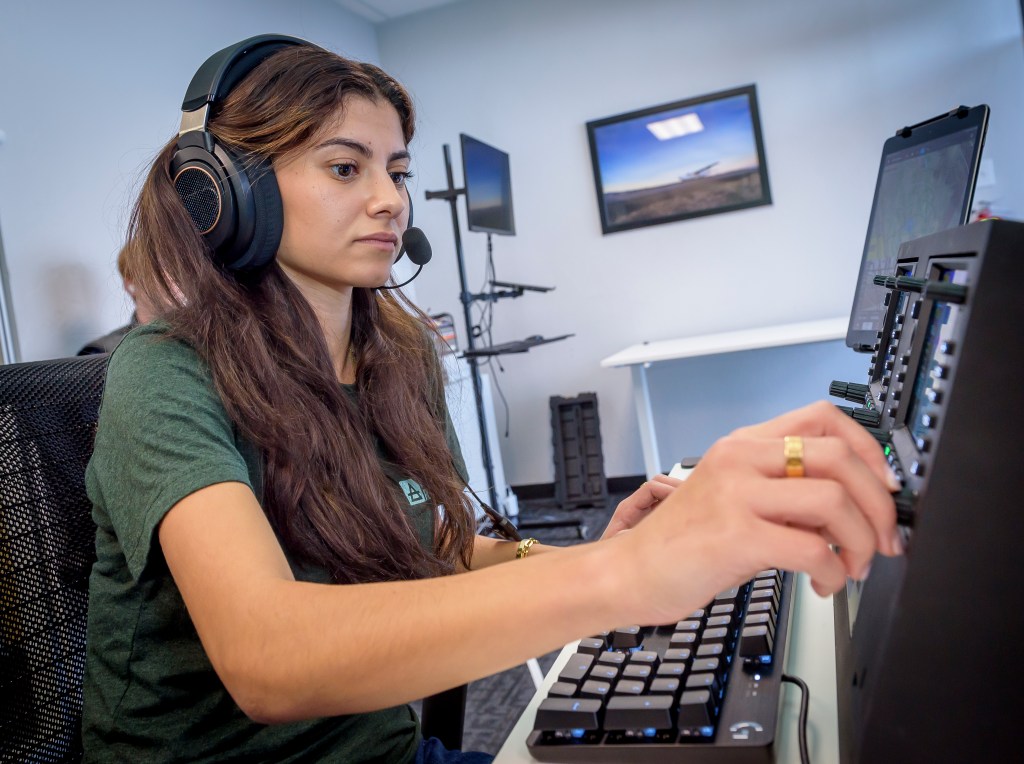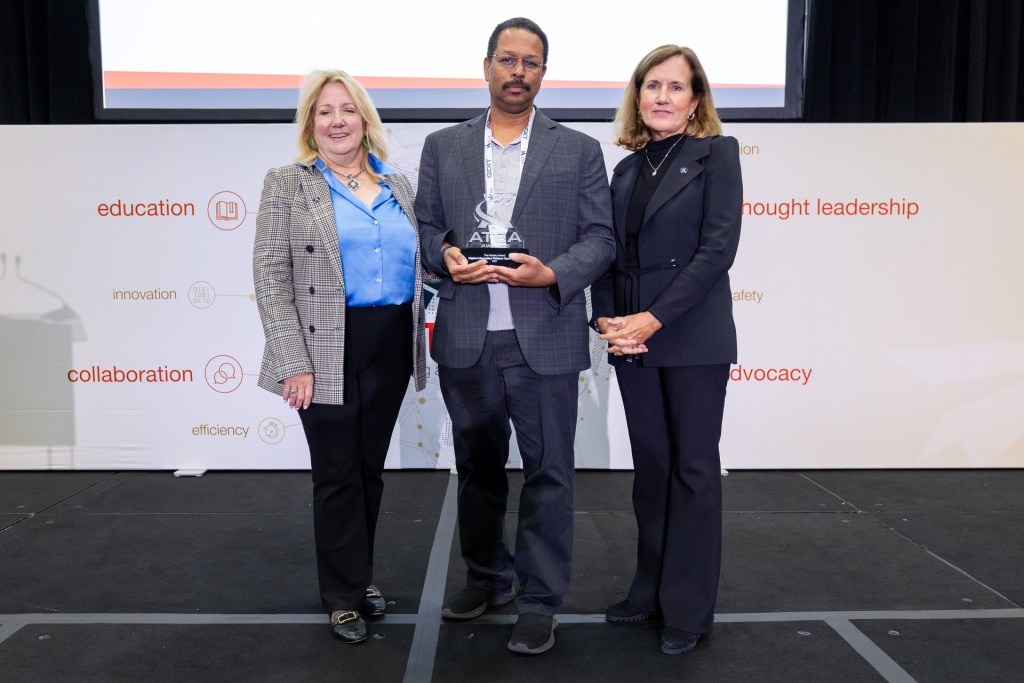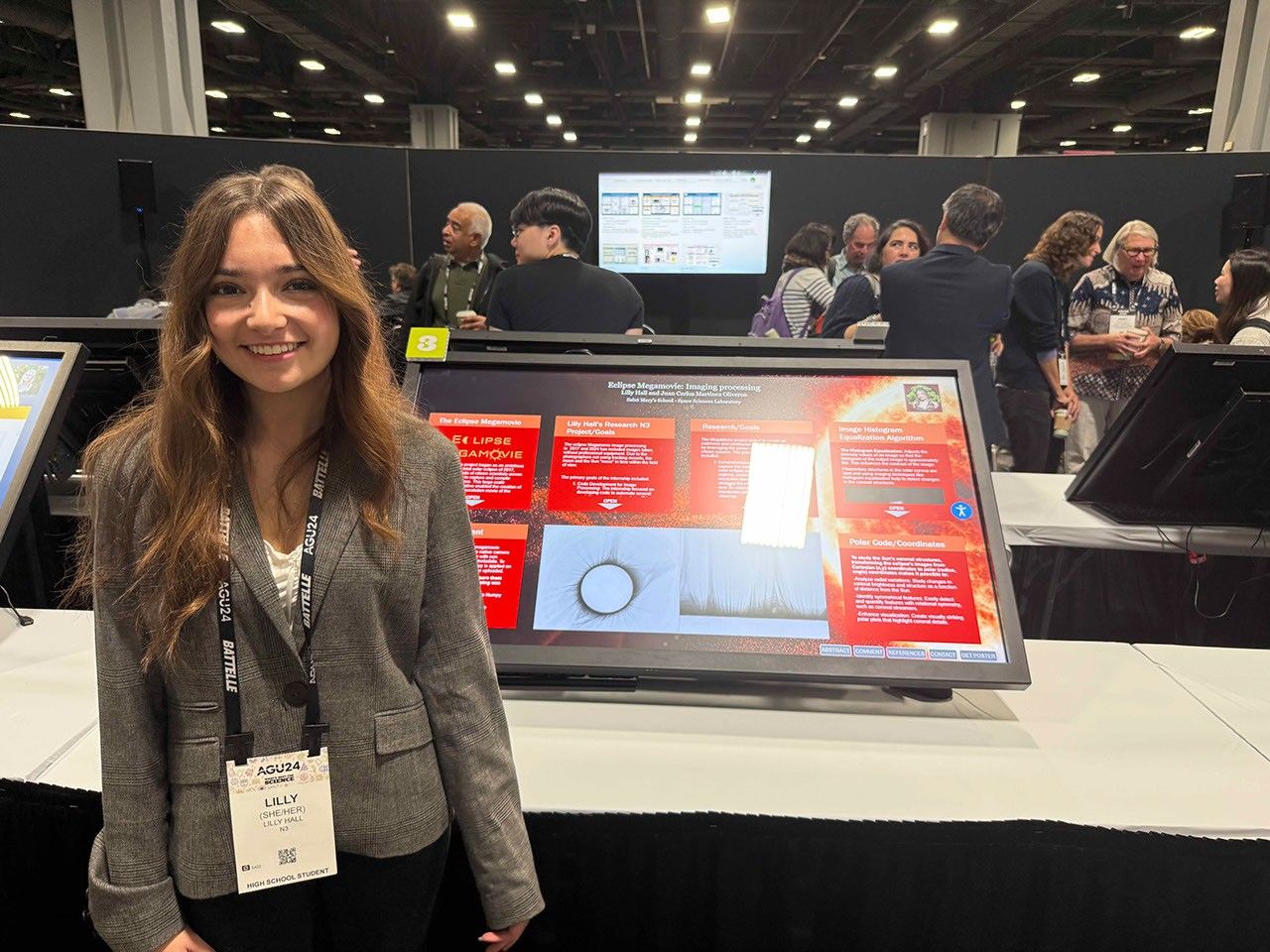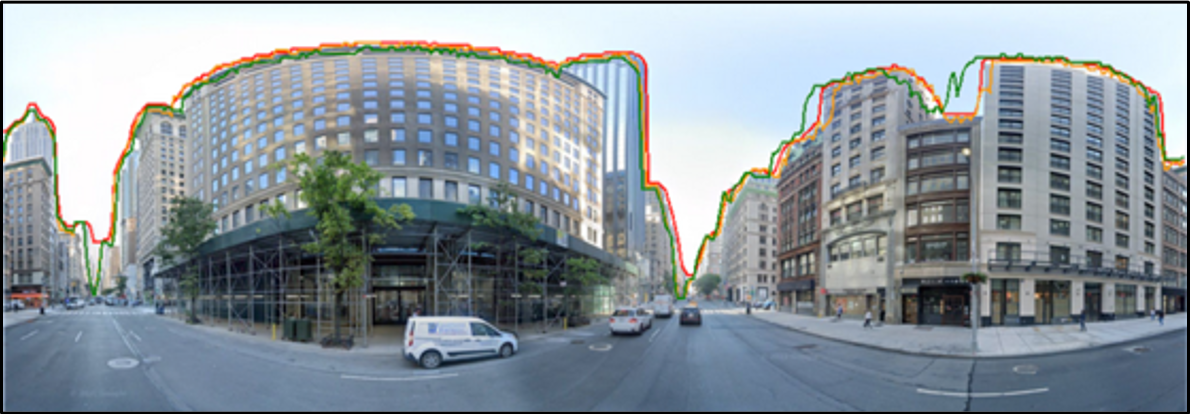Rachel Schlossman
University of Texas at Austin
Maximizing Function through Intelligent Robot Actuator Control Successful missions to Mars and beyond will only be possible with the support of high-performance robot assistants. The potential benefits of future robotic autonomy are unbounded, but can only be maximized through high-quality mechanical components and actuator control to allow the execution of desired tasks. Actuators are fundamental components of the future success of robots in space exploration, and they will need to be versatile in harsh and varied environments. It will also be critical that these actuators be thermally protected, energy efficient, and robust in the control of forces and impedance behaviors. To accomplish these goals, human-centered robots commonly make use of series elastic actuators, which offer compliance for safe interaction with humans, increased robustness, increased force sensitivity, and increased efficiency as compared to rigid actuators. However, opportunities for optimal performance are lost when the operation of the actuator is not aligned with its desired purpose, from lifting heavy cargo to swinging a robot’s foot over uneven terrain. My proposed research will address current NASA needs, including actuator controllers that optimize efficiency with function, and tackle the issues of heat dissipation in space. The aim of my research is to devise a new, intelligent low-level controller that drives series elastic actuators to behave in a manner that strikes the most optimal balance between power output, efficiency, force sensitivity, and accuracy, while maintaining a high level of safety and robustness. A secondary yet valuable goal will be to explore how the temperature control capabilities of an actuator can drive the system to remain operating within the bounds of its safety limits. Because the actuator upon which I will conduct my research is comparable to the type of actuators currently utilized by NASA, I will be able to test and apply my work on their robots. These aims will be achieved through a combination of simulations and rigorous laboratory testing, using an approach designed to guarantee the mechanical safety of the system. I will conduct my research on a cutting-edge, liquid-cooled series viscoelastic actuator, which offers higher continuous torque and power output, with minimal decreases in efficiency as compared to the operation of air-cooled actuators. The liquid-cooling components open the door to the exploration of temperature-controlled mechanical components in extreme space environments. In developing my new control framework, the first step will be to conduct system identification on the viscoelastic actuator, utilizing statistical techniques to account for the model’s uncertainty. From the results, I will devise a model of this actuator, accounting for mechanical motion states and temperature dynamics. I will also devise similar models of the Valkyrie and/or Robonaut 2 actuators. Based on these models I will design a novel planner-controller interface; the high-level planner will provide information about the environment to the low-level controller, rather than simply communicate desired torque or desired position. I will then investigate the efficiency and performance improvements that are possible with a more-informed low-level controller. When its motor operates near the borders of what is thermally possible for the actuator, this style of controller can guarantee that the heat produced by the action of the feedback control does not push the actuator beyond its thermal limits. My proposed research will answer valuable questions regarding the advantages of an alternative actuator control method, the efficiency benefits of an environmentally-aware low-level controller, and the benefits of a temperature management system. These results will represent major progress in the production of versatile robots that can execute a wide range of missions near Earth and across the solar system.


